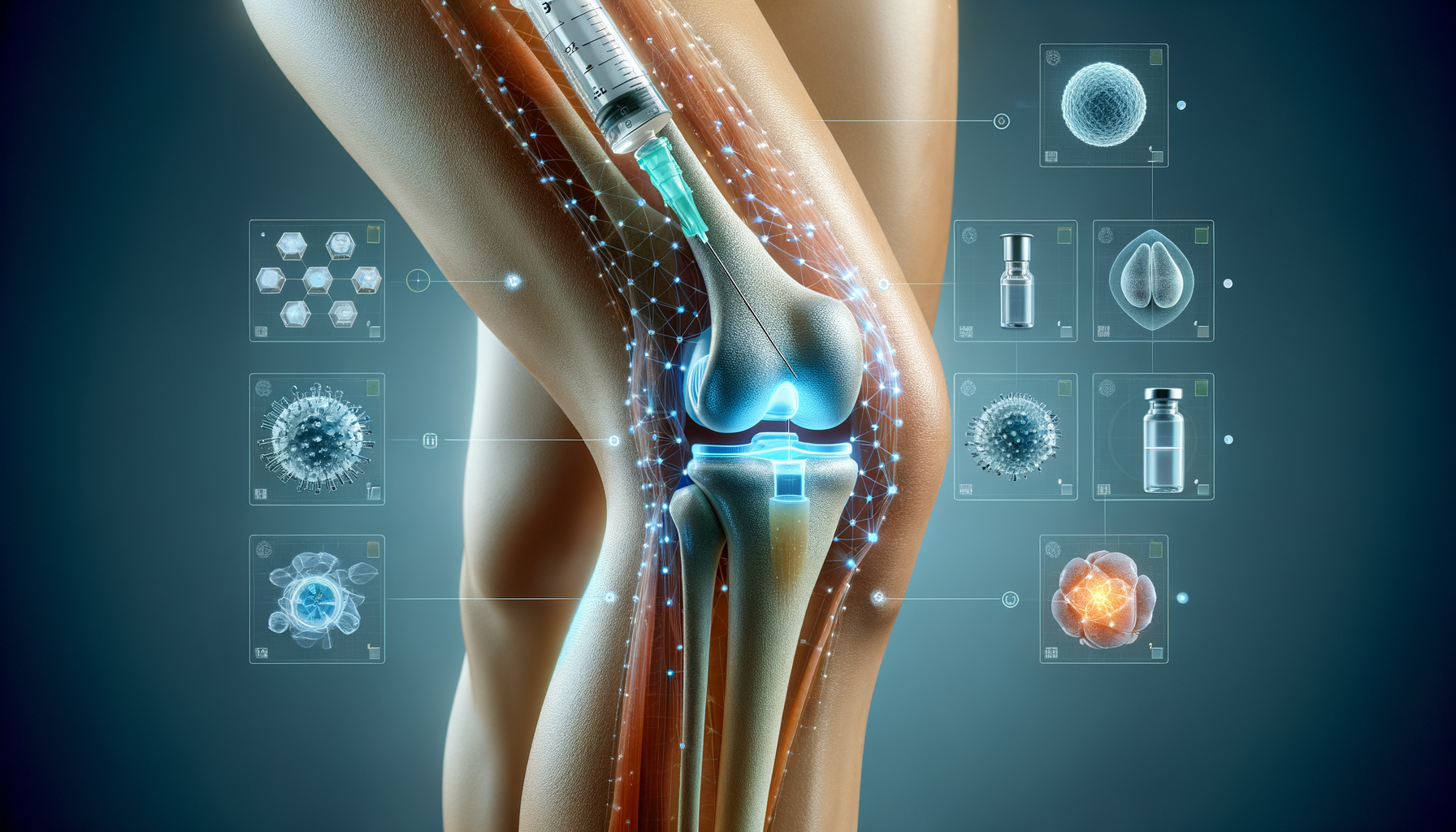The Role of Beverages in Weight Management
When it comes to managing weight, the role of beverages is often underestimated. While many focus on food intake, the drinks we consume can significantly impact our weight loss efforts. Beverages can contribute to calorie intake, influence metabolism, and affect hunger and satiety. Understanding how different drinks affect weight can empower individuals to make informed choices.
Caloric beverages, such as sugary drinks and alcohol, can add significant calories to your diet without providing a sense of fullness. These drinks can lead to weight gain if consumed in excess. On the other hand, certain beverages, like water, green tea, and black coffee, have been associated with weight loss benefits. They can boost metabolism, increase energy expenditure, and help control appetite.
Moreover, some drinks are rich in nutrients that support overall health and can aid in weight management. For instance, smoothies made with fruits, vegetables, and protein sources can be a nutritious part of a weight loss plan when consumed in moderation. The key is to be mindful of portion sizes and ingredient choices.
- Caloric beverages can lead to weight gain.
- Water, green tea, and black coffee may aid in weight loss.
- Smoothies can be nutritious but should be consumed in moderation.
Water: The Ultimate Weight Loss Drink
Water is often hailed as the ultimate weight loss drink, and for good reason. It is calorie-free, hydrating, and essential for numerous bodily functions. Drinking water before meals can promote a feeling of fullness, leading to reduced calorie intake. A study found that individuals who drank water before meals consumed fewer calories and lost more weight compared to those who did not.
Staying adequately hydrated is also crucial for optimal metabolism. Dehydration can slow down metabolic processes, making it harder to burn calories efficiently. Additionally, drinking cold water may slightly increase energy expenditure as the body works to warm it to body temperature.
Incorporating water into your daily routine is simple yet effective. Carrying a reusable water bottle, setting reminders to drink water, and flavoring it with natural ingredients like lemon or cucumber can make it more enjoyable. By prioritizing water, you can support your weight loss journey while maintaining overall health.
- Water is calorie-free and hydrating.
- Drinking water before meals can reduce calorie intake.
- Cold water may increase energy expenditure.
Green Tea: A Metabolism Booster
Green tea has gained popularity as a weight loss aid due to its metabolism-boosting properties. Rich in antioxidants, particularly catechins, green tea can enhance fat oxidation and improve metabolic rate. Studies suggest that regular consumption of green tea can lead to modest weight loss and reduced body fat.
The caffeine content in green tea also contributes to its weight loss benefits. Caffeine can increase energy levels and enhance exercise performance, allowing individuals to burn more calories during physical activity. Additionally, green tea may help regulate blood sugar levels, reducing cravings and promoting a balanced diet.
To incorporate green tea into your weight loss plan, consider drinking a cup before or after meals. Opt for unsweetened varieties to avoid added sugars. While the effects of green tea on weight loss may be modest, it can be a valuable addition to a healthy lifestyle.
- Green tea boosts metabolism and fat oxidation.
- Caffeine in green tea enhances exercise performance.
- Regular consumption may lead to modest weight loss.
Coffee: An Appetite Suppressant
Coffee is another beverage that can support weight loss efforts. The caffeine in coffee acts as a natural appetite suppressant, helping individuals consume fewer calories throughout the day. Additionally, caffeine can increase the metabolic rate, promoting the burning of calories.
Research indicates that drinking coffee before exercise may enhance physical performance and increase fat burning. However, it’s essential to consume coffee in moderation, as excessive intake can lead to jitteriness, insomnia, and increased heart rate.
To maximize the weight loss benefits of coffee, opt for black coffee or add minimal amounts of milk and sugar. Specialty coffee drinks, often high in calories and sugar, should be consumed sparingly. By enjoying coffee mindfully, you can harness its potential as a weight loss ally.
- Caffeine in coffee suppresses appetite.
- Moderate coffee consumption can boost metabolism.
- Black coffee is preferable for weight loss.
Herbal Teas: A Calming Weight Loss Aid
Herbal teas, such as chamomile, peppermint, and ginger tea, offer a soothing and caffeine-free option for those seeking weight loss benefits. While these teas may not directly promote weight loss, they can support overall wellness and aid in stress reduction, which is crucial for healthy weight management.
Stress and poor sleep quality can lead to weight gain by increasing cravings for unhealthy foods and disrupting metabolic processes. Herbal teas, known for their calming properties, can help alleviate stress and improve sleep quality, indirectly supporting weight loss efforts.
Incorporating herbal teas into your routine can be a relaxing ritual. Enjoy a cup in the evening to unwind or after meals to aid digestion. While the direct impact of herbal teas on weight loss may be limited, their role in promoting relaxation and wellness makes them a valuable addition to a balanced lifestyle.
- Herbal teas are caffeine-free and soothing.
- They can reduce stress and improve sleep quality.
- Indirectly support weight loss through overall wellness.




Leave a Reply